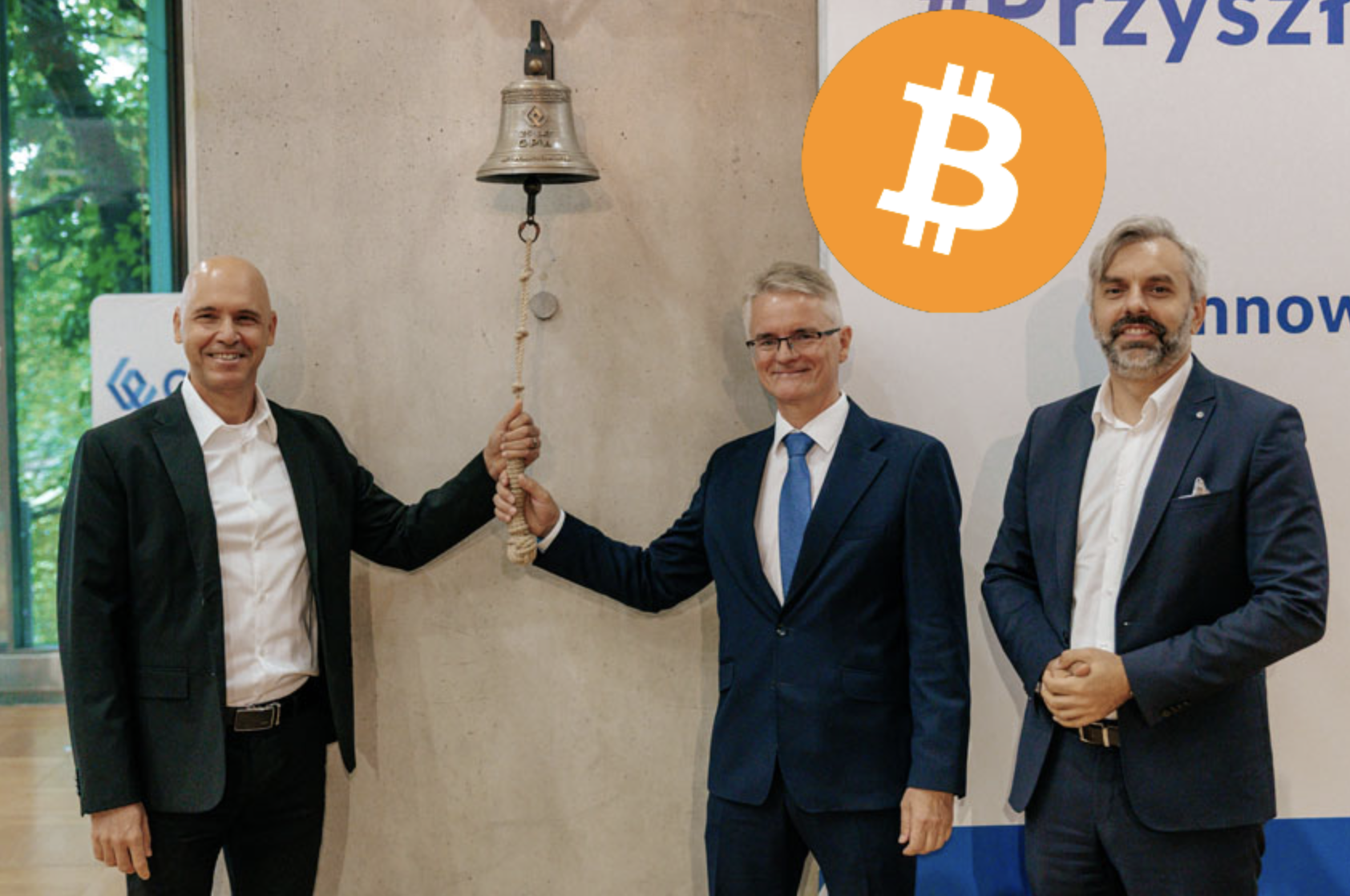Bitcoin is the world’s first decentralized digital currency that was created in 2009 by an unknown person using the alias Satoshi Nakamoto. Since then, it has gained popularity among investors and traders due to its unique features such as decentralization, transparency, security, and privacy. However, Bitcoin is not the only cryptocurrency available today; there are many other altcoins or alternative coins that have been introduced into the market with their own unique characteristics. In this blog post, we will cover everything you need to know about Bitcoin and altcoins as a beginner.
What Is Bitcoin and Altcoins?
Bitcoin is a type of cryptocurrency that uses blockchain technology to record transactions on a public ledger called the Blockchain. It operates independently from any central authority or financial institution, which means that no one controls it except for the users themselves. On the other hand, altcoins refer to all other types of cryptocurrencies besides Bitcoin. They can be classified based on their consensus mechanism (proof-of-work, proof-of-stake, etc.), mining algorithm, use case, or programming language. Some examples of popular altcoins include Ethereum, Litecoin, Ripple, Dash, Monero, Zcash, and Dogecoin.
How To Buy, Sell or Trade Cryptocurrencies?
There are several ways to buy, sell or trade cryptocurrencies depending on your location, preferences, and goals. The most common method is through online exchanges like Coinbase, Binance, Kraken, or Poloniex where you can create an account, deposit funds, and start buying or selling cryptos instantly. Another way is through peer-to-peer platforms like Localbitcoins or Paxful where you can meet other crypto enthusiasts who want to exchange fiat money for cryptocurrencies. Finally, some people choose to mine their own cryptocurrencies by setting up a rig at home or joining a pool that shares rewards proportionally.
Understanding the Blockchain Technology Behind Crypto
Blockchain technology is the foundation upon which cryptocurrencies operate. It is essentially a distributed database that stores information across multiple nodes without the need for intermediaries or middlemen. Each transaction added to the blockchain is verified by network participants through complex mathematical algorithms, ensuring that every transaction is secure, transparent, and immutable. This makes it virtually impossible for anyone to tamper with the data stored on the blockchain, making it ideal for applications beyond just finance.
The Pros and Cons of Investing in Cryptocurrency
Investing in cryptocurrency comes with both benefits and risks. One advantage is that cryptocurrencies offer high potential returns if bought at low prices and sold when they reach their peak value. Additionally, cryptocurrencies provide a level of freedom and control over personal finances since they do not require intermediaries or third parties. However, investing in cryptocurrencies also carries significant risk because of their volatile nature, lack of regulation, and susceptibility to hacking attacks. Therefore, it is essential to conduct thorough research before deciding whether to invest in cryptocurrencies.








